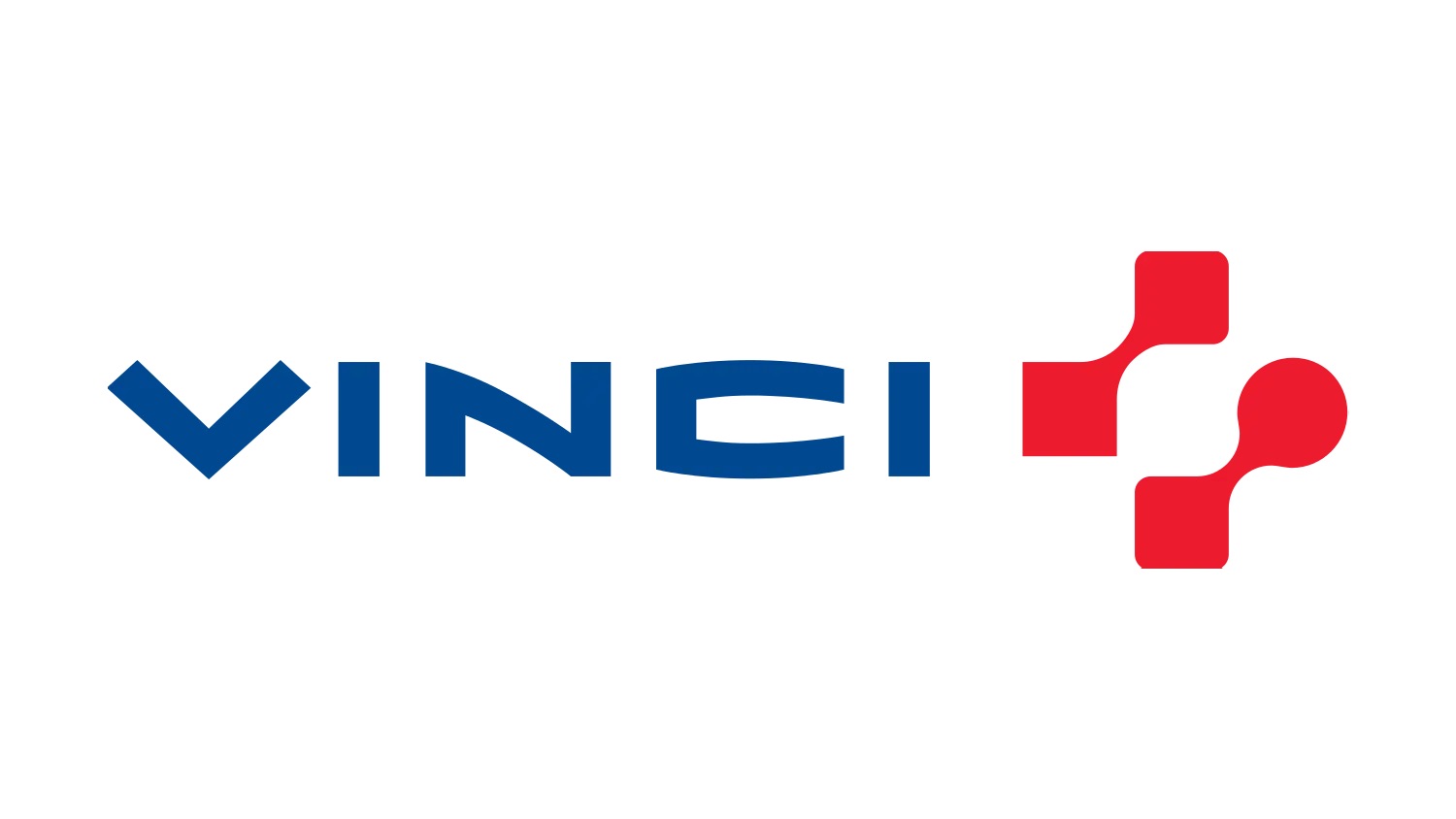About ANA Aeroportos de Portugal

Introduction
ANA Aeroportos de Portugal (ANA) stands as a pivotal entity within Portugal’s transportation sector and a cornerstone in its economy. Operating as the primary authority responsible for managing Portugal’s airports, ANA oversees a network that is crucial for both national and international travel.
This organization plays a vital role in connecting Portugal to the rest of the world, facilitating not only the movement of people but also goods and services. The importance of ANA extends beyond mere logistics and transportation; it is integral to promoting tourism, one of Portugal’s key economic drivers, and fostering business opportunities within the region and beyond.
History and Evolution
The origins of ANA Aeroportos de Portugal trace back to the early 20th century, with the establishment of its first airport. However, it wasn’t until 1998 that ANA was formally recognized as the national airport authority. Since then, ANA has embarked on a journey of growth and expansion, marking several key milestones. This includes the modernization of existing infrastructure, the development of new terminals, and the incorporation of cutting-edge technologies to enhance operational efficiency and passenger experience.
A significant turning point in ANA’s history occurred in 2013, when it became part of Vinci Airports, a global player in the airport management industry. This transition not only underscored ANA’s importance on the international stage but also brought about new opportunities for investment and development, further propelling its evolution and expanding its footprint within the global aviation landscape.
Operations and Infrastructure
ANA Aeroportos de Portugal manages a comprehensive network of airports across the country, including some of the most strategic and bustling hubs in Europe. The major airports under its purview include Lisbon Airport, Portugal’s primary international gateway; Porto Airport, a crucial node for business and tourism in the north; Faro Airport, serving the popular Algarve region; and airports across the Azores, pivotal for regional connectivity and tourism.
Over the years, ANA has committed to substantial infrastructure developments and technological advancements. These initiatives range from expanding airport capacities to incorporating sustainable and smart technologies that streamline operations and enhance the passenger experience. Efforts such as the implementation of automated border control systems, green energy solutions, and waste reduction programs illustrate ANA’s dedication to innovation and sustainability.
Environmental Initiatives and Sustainability Efforts
Recognizing the critical role of environmental stewardship, ANA has launched several sustainability initiatives aimed at minimizing its ecological footprint. These include investments in renewable energy sources, water conservation measures, and ambitious waste management strategies. ANA’s commitment to sustainability is not just about compliance but is woven into the fabric of its operational philosophy, aiming to set a benchmark for eco-friendly practices in the aviation industry.
Economic Impact
ANA’s contributions to the Portuguese and global aviation industry are profound and multifaceted. As a major employer, ANA plays a significant role in job creation, directly and indirectly supporting thousands of jobs across Portugal. Its airports are gateways for international tourists, which is instrumental in driving the nation’s tourism sector – a key contributor to the Portuguese economy.
Recent global events, including the COVID-19 pandemic, have posed unprecedented challenges to the aviation sector worldwide. ANA’s strategic response to these challenges, focusing on safety measures, operational flexibility, and financial resilience, has been critical in navigating through these turbulent times. The organization’s efforts to recover and strategize for the future not only underscore its role in the immediate economic recovery but also its importance in the long-term growth of Portugal’s aviation sector and its economy at large.
Services and Facilities
ANA Aeroportos de Portugal offers a comprehensive suite of services and facilities designed to meet the diverse needs of both airlines and passengers, ensuring a seamless and enjoyable travel experience. Below is an overview of these services presented in a table format:
| Service/Facility Category | Description |
|---|---|
| Passenger Services | - 24/7 customer support - Multilingual information desks - Automated check-in kiosks and baggage drop areas - Free Wi-Fi access throughout the terminals - Lounges with various amenities for relaxation and work |
| Airline Support Services | - Comprehensive ground handling services - Technical maintenance and support - Fueling services - Cargo and freight facilities |
| Retail and Dining | - A wide range of shopping options, from luxury brands to local souvenirs - Diverse dining choices, including Portuguese cuisine, international restaurants, and fast food outlets |
| Special Assistance Services | - Dedicated assistance for passengers with reduced mobility - Family-friendly facilities, including play areas and nursing rooms |
| Business and VIP Services | - Business centers equipped with meeting rooms and workstations - Exclusive VIP services, offering private check-in, escort services, and lounge access |
Future Plans and Projects
ANA is continuously looking to the future, aiming to enhance its infrastructure and services further. Key future plans and projects include:
- Infrastructure Expansions: Significant expansions are planned for Lisbon and Porto airports to accommodate growing passenger numbers and enhance operational efficiency.
- Technological Innovations: Implementing advanced technologies for passenger processing, including biometric identification and self-service solutions to reduce wait times and improve the passenger journey.
- Sustainability Initiatives: Expanding environmental programs, such as increasing the use of renewable energy sources, improving waste management practices, and aiming for carbon-neutral operations.
Challenges and Controversies
Despite its successes, ANA faces several challenges and has encountered controversies, particularly concerning environmental impact, operational issues during peak times, and the COVID-19 pandemic’s financial strain.
- Operational Challenges: Managing the surge in passenger traffic during peak seasons while maintaining high service standards.
- Environmental Concerns: Balancing development and expansion with environmental sustainability, particularly in sensitive regions like the Azores.
- Financial Strains: Navigating the financial implications of recent global events, including the COVID-19 pandemic, which significantly reduced air travel demand.
In response to these challenges, ANA has undertaken several measures:
- Operational Enhancements: Investing in infrastructure improvements and technological solutions to streamline operations and enhance passenger flow.
- Sustainability Efforts: Strengthening environmental initiatives, including carbon offset programs, waste reduction strategies, and engaging in community dialogues to address concerns.
- Financial Recovery Plans: Implementing cost-saving measures, exploring alternative revenue streams, and collaborating with government and industry partners to support recovery.
ANA Aeroportos de Portugal remains committed to addressing these challenges head-on, with a clear focus on sustainability, innovation, and customer satisfaction, guiding its journey into the next decade and beyond.
FAQ Section
What is ANA Aeroportos de Portugal?
ANA Aeroportos de Portugal is the national airport management company responsible for managing, operating, and developing airport infrastructure across Portugal. It ensures the efficient and safe handling of air traffic, providing top-notch services to airlines and passengers alike.
How many airports does ANA manage, and what are the major ones?
ANA manages a network of 10 airports across Portugal, including both mainland and autonomous regions. The major airports include Lisbon Airport (Lisbon), Porto Airport (Porto), Faro Airport (Faro), and airports in the Azores islands, each serving as critical hubs for international and domestic flights.
What are ANA’s commitments to sustainability?
ANA is deeply committed to environmental sustainability, focusing on reducing its carbon footprint, managing waste efficiently, and utilizing renewable energy sources. Initiatives include investing in electric ground handling equipment, implementing water conservation measures, and pursuing carbon-neutral certification for its operations.
How has ANA impacted the Portuguese economy?
ANA plays a pivotal role in the Portuguese economy by facilitating air travel, which is crucial for tourism, one of Portugal’s primary economic sectors. It directly contributes to job creation, supports local businesses through its airport retail and service offerings, and invests in infrastructure projects that stimulate economic growth.
What future projects are in the pipeline for ANA?
Future projects include significant expansions at Lisbon and Porto airports to increase passenger capacity, the introduction of cutting-edge technologies for enhancing passenger experience, and ongoing efforts to achieve environmental sustainability goals.
How has ANA adapted to recent global challenges affecting the aviation industry?
In response to recent challenges, ANA has implemented stringent health and safety protocols to ensure passenger safety, invested in flexible operational technologies to adapt to changing travel demands, and pursued financial strategies to maintain stability and support recovery efforts.
Conclusion
ANA Aeroportos de Portugal is an essential pillar in Portugal’s aviation sector and its broader economy. By managing a key network of airports, ANA not only facilitates global connectivity but also significantly contributes to the economic vitality and social fabric of Portugal. Looking ahead, ANA is poised to navigate future challenges with a focus on sustainability, innovation, and enhancing the passenger experience.
As it embarks on new projects and embraces technological advancements, ANA continues to underscore its critical role in shaping the future of Portugal’s aviation landscape, ensuring it remains at the forefront of the global aviation industry.

